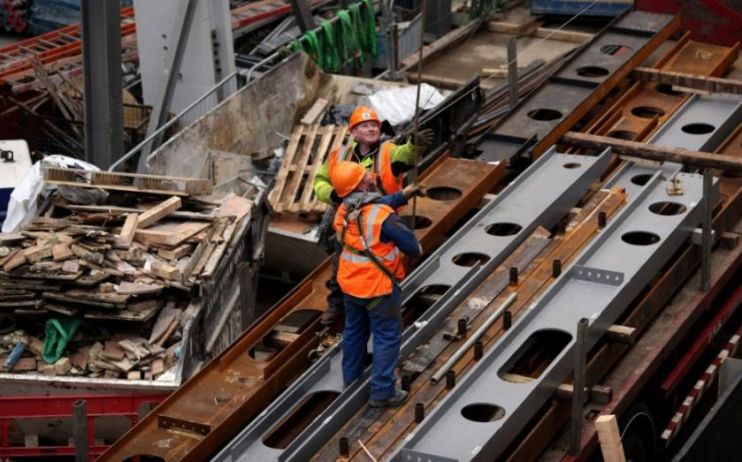UK skills shortage putting major infrastructure projects at risk, MPs warn

A skills shortage in the UK is putting infrastructure delivery at risk as the government prepares to spend an unprecedented £800bn on major projects, MPs have warned.
The UK lacks the necessary skills to deliver ambitious plans for to develop a number of key infrastructure over the next five years, according to a new report by the influential Public Accounts Committee (PAC) of MPs.
The report warned that 16,000 professionals need to gain accreditation via the government’s major project leadership academy to help deliver its infrastructure ambitions, but only 1,000 had done so.
It comes despite the cost of the government’s major projects portfolio, which sets out plans for future infrastructure, has spiralled to an unprecedented £805bn for 244 schemes.
Dame Meg Hillier, committee chairwoman, said: “Such projects present unique and novel challenges which the government must navigate if it is to secure value for public money.
“Without a robust market for essential skills in place, these are challenges the UK will fail to meet, as shortages push costs up in a globally competitive environment.”
MPs also warned departments are failing to devote the time and effort to ensure maximum value for money, with road, rail and energy costs very high over the next five years.
In 2019, just eight per cent of the £432bn spent on major projects had a robust impact evaluation plan in place – and around two-thirds had no plans at all.
Titled ‘Delivering value from government investment in major projects’, the report warned that failure to build market capacity on skills could result in higher prices.
The shortage, particularly in technical and engineering disciplines, as well as project design and management, is being worsened by global competition.
“All too often we see projects and programmes that are poorly managed and delivered late and over budget,” Hillier, the Labour MP for Hackney South and Shoreditch, added.
“The failure to ensure projects have robust impact evaluation plans in place is symptomatic of the short-term mentality dominating these processes. The government must encourage cross-departmental learning if we are to avoid repeating past mistakes.”
The PAC made a series of recommendations, including that the government look at creating a mandatory longer-term review of value for money; better incentivize departments to evaluate major projects; encourage cross-government working; improve guidance on reflecting value; and analyse the risks to the infrastructure portfolio by the skills shortage.
A government spokesperson said: “This government delivers some of the most challenging, ambitious and innovative projects the UK has ever seen. Speeding up delivery, while ensuring projects are effectively managed and deliver value for money, is a priority.
“Upskilling staff is a key part of this and we recently published a new framework to enable civil servants working on public projects to utilise AI to improve the effectiveness and efficiency of their delivery. We are on target to meet our long term ambition to accredit 16,000 civil servants as government project delivery professionals.”
